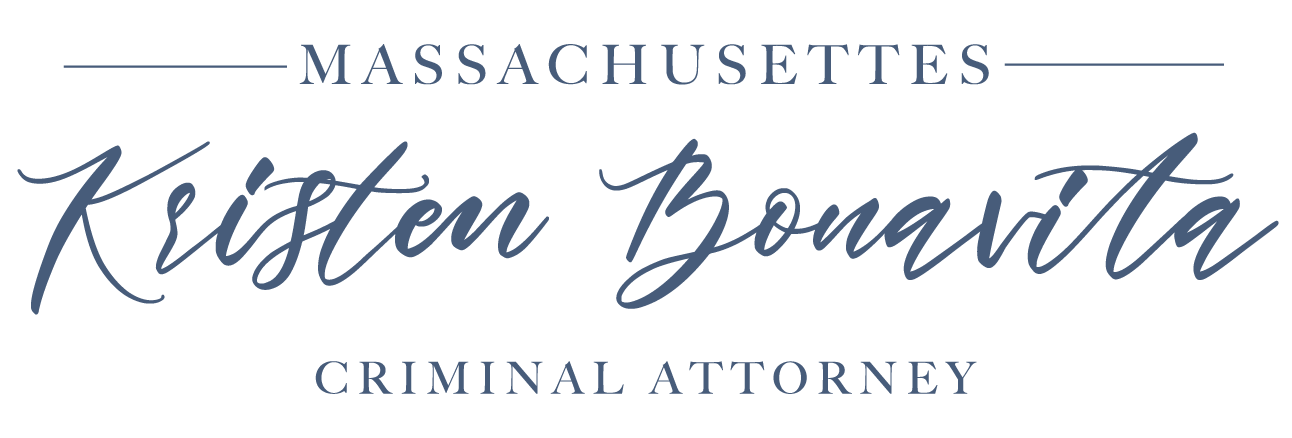Insurance fraud is one of America’s largest crime industries. It occurs every day in every state. People of all races, incomes and ages are victimized. Fraud committed against private insurance companies costs Americans at least $80 billion a year, or about $950 per family. Medicare fraud costs the federal government $179 billion per year.
Insurance fraud consists of fraudulent activities committed by applicants for insurance, policyholders, third-party claimants, or professionals who provide insurance services. Insurance fraud can be “hard” or “soft.”
Hard Fraud Charges. This is when someone deliberately fakes an accident, injury, theft, arson or other loss (or worse, such as a life insurance beneficiary killing an insured) to collect money illegally from insurance companies. Many act alone, but increasingly, organized crime rings stage large schemes that steal millions of dollars.
Soft Fraud Charges. People often tell “little white lies” to their insurance company. A car owner inflates a fender bender claim to cover her deductible. A homeowner inflates the value of his stereo equipment stolen during a robbery. These are crimes.
Even though the federal government is more actively involved in the pursuit and prosecution of some insurance fraud cases than it used to be, it is the state insurance departments, state attorneys general and county district attorneys offices that do most of the investigation, enforcement and prosecution of insurance fraud because most of the anti-fraud laws are state statutes.
Frequently, however, insurance fraud cases result in federal prosecution because the fraudulent activity (doctor illegally using prescription drugs, doctor diluting medication resulting in injury or death of patients, unnecessary surgeries, murder) also violates federal law. Also, Title 18 of the U.S. Code, Section 1033 is used to prosecute anyone engaged in the business of insurance (executives, employees, sales agents) who is involved in the perpetration of insurance fraud. And, of course, federal laws are violated whenever there is a case of Medicare, Medicaid (federal and state laws) or Tri-Care (military insurance) fraud.
As the pursuit of fraudulent activity by state and federal authorities intensifies, the penalties have increased. Mandatory restitution of lost income, loss of professional license and substantial prison sentences can result from a conviction for insurance fraud.
If you are under investigation for, or have been charged with, insurance fraud, contact Criminal Attorney Bonavita right away. Criminal Defense Attorney Bonavita is an experienced insurance fraud lawyer that can help preserve your rights and defend you in the face of federal prosecution. Call Criminal Attorney Bonavita at 978-376-6746 or Email her immediately.
